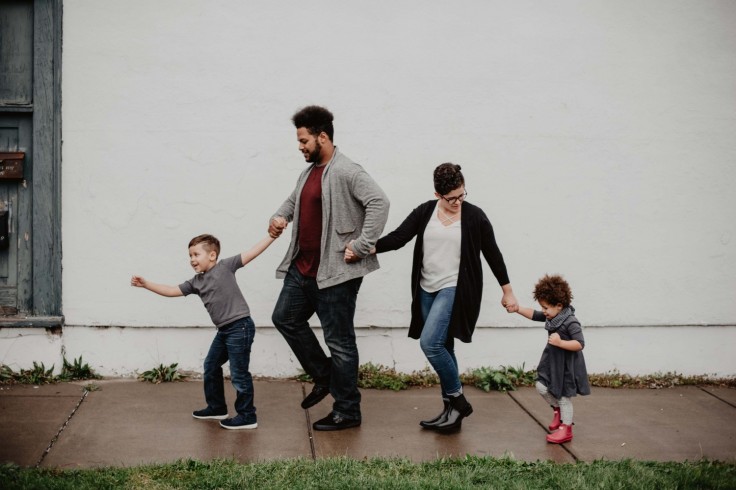
Pandemic parenting is one of the issues every family is dealing with amidst coronavirus. Not only families who have lost their loved ones have to deal with pandemic emotional issues, but it includes those who can't have the chance to grieve for their loved ones or give proper funeral, financial difficulties, and many other issues as results of pandemic lockdown.
As we all deal with all these issues, parents on the other hand are doing their best just to stay positive and take good care of their family especially their children the best way possible.
Pandemic parenting questions and answers from experts you need to know
My four-year-old son, Freddie, is terrified of catching Covid-19. He says he's concerned about being able to pick it up in the park. He has gone from being an extrovert to being depressed and withdrawn. Will I ever get back the old Freddie?
Dr. Paul Kelly, an educational and child psychologist consultant, says: We're all going to change this experience, both children and adults, in certain ways. However, while there is a detrimental effect on emotional well-being and mental health, we also understand that it can enable children and young people to improve resilience through negotiating their way through adverse situations. In pandemic parenting, this is particularly true if children know that they can use a support network and, in times of need, rely on others.
Children quickly pick up on their parents and caregivers' emotional state. But they don't have the adults' long-term perspective and can fail to see a distressing occurrence as a fleeting circumstance in the news. Explain to them this; everything moves. Be mindful of the amount of news to which a young child is exposed.
My kids' school said during the first lockdown that there was no need to be great, just do your best and we're going to muddle through. It looks really different this time around: there's a roll call, and lots of school demands that just seem to make things harder. Any instructions on how to cope?
The psychotherapist and author of The Book You Wish Your Parents Had Read, Philippa Perry, says: Only the best can be done. There's definitely a lot of pressure coming from school, but there's no need to resort to it. Lower your expectations: your first responsibility to your child is not to go crazy. This kind of pandemic parenting will remind your child once it's time to log on for a lesson, but try not to panic if they don't like the lesson or don't log on at all.
There's a window at the moment for children to pursue their own lines of inquiry and curiosity: let them watch a beetle in the park, or draw a picture, or learn about astronomy. What's most precious is the bond between you and your kid - don't do something to jeopardize that. Being relaxed is more critical than doing it right.
I am a single parent with three, six, and nine children, and it's impossible for me to be the parent I want to be. I am under pressure, I am nervous, I yell at them, and I worry about how my long-term relationship with them will be affected by this.
"Dr. Debora Vasconcelos e Sa, a clinical psychologist and senior psychology lecturer at Anglia Ruskin University, says: "Beating up, saying things like, "I'm not a good parent," is a very powerful indicator of poor psychological well-being, and it will affect your children as much as you will. So the main point is that you need to take care of yourself and address your own requirements.
READ MORE : Texas Teen Who Takes Care of His Mom with Cerebral Palsy Receives a Scholarship from Strangers
Yeah, there's a pandemic, but lockdown doesn't mean that caregivers can do any more than they did before without breaks and respite. It's like the safety alert on a plane about putting on your own oxygen mask before you help your kids with theirs: you need to recharge.
If the other parent of your children sometimes has kids, or if you're with someone who can help, go for a walk, or have a bath in a support bubble-something, so you have time for yourself.